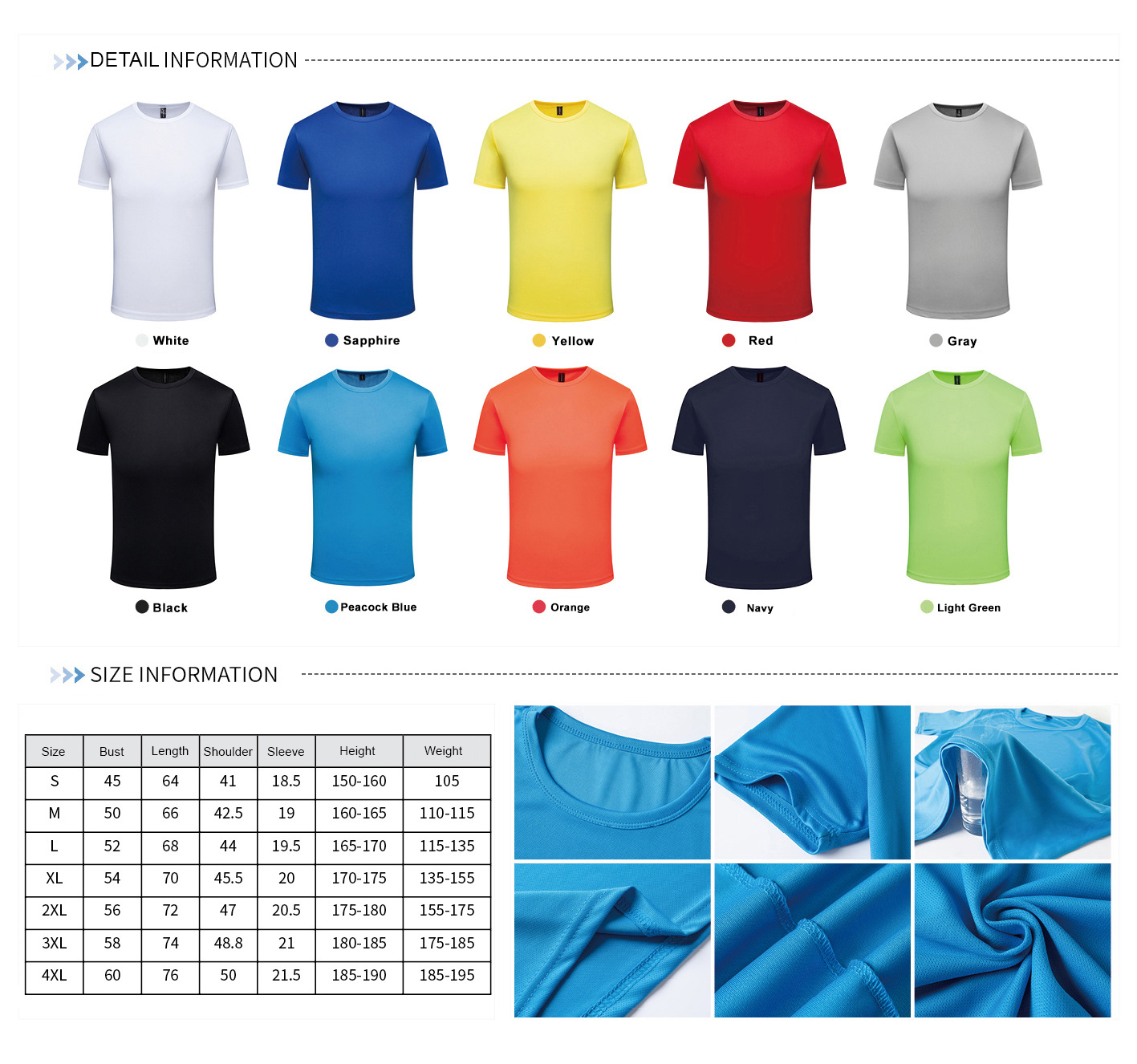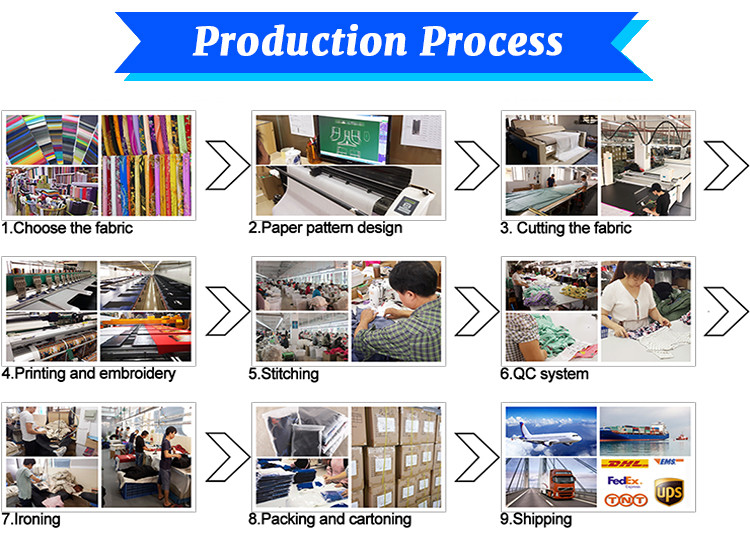Sports Shirts and Social Responsibility: Empowering Sustainable Practices
Introduction: In an era of increasing environmental consciousness and social responsibility, sports shirts have emerged as powerful tools for promoting sustainability and ethical practices. Sports organizations, athletes, and apparel manufacturers are recognizing the need to minimize their environmental footprint and support social causes through the production and promotion of sports shirts. This article explores how sports shirts are being used as platforms to empower sustainable practices, promote fair labor, and contribute to positive social impact, inspiring a collective commitment to a more responsible and inclusive sports industry.
1. Sustainable Materials and Production: Sports shirts are increasingly being crafted from eco-friendly and sustainable materials. By opting for organic cotton, recycled polyester, and other eco-conscious fabrics, sports brands minimize the environmental impact of shirt production. Sustainable production processes, such as water-saving techniques and reduced energy consumption, further contribute to a greener sports apparel industry.
2. Ethical Supply Chain and Fair Labor Practices: Leading sports brands are prioritizing ethical supply chains and fair labor practices in the production of sports shirts. Collaborating with factories and suppliers that adhere to labor rights, fair wages, and safe working conditions ensures that sports shirts are produced without exploitation or human rights violations.
3. Advocacy for Environmental Conservation: Sports shirts have become vehicles for environmental advocacy. Shirts featuring messages or graphics related to environmental conservation and climate change raise awareness and inspire fans to support sustainability initiatives. Athletes and sports organizations often use their platforms to promote eco-conscious living and advocate for a healthier planet.
4. Charitable Collaborations: Sports shirts are at the forefront of charitable collaborations, supporting various social causes. Athletes and sports organizations partner with non-profit organizations to launch limited-edition shirts, with a portion of the proceeds donated to charitable projects. These collaborations encourage fans to make a positive impact through their support for the cause.
5. Recycling and Circular Economy Initiatives: In the pursuit of sustainability, sports brands are exploring recycling and circular economy initiatives for sports shirts. Programs that encourage customers to return old shirts for recycling or offer incentives for purchasing eco-friendly shirts promote a circular approach to apparel consumption, reducing waste and resource depletion.
6. Inclusivity and Diversity: Promoting social responsibility through sports shirts also involves celebrating inclusivity and diversity. Shirts designed to represent various cultures, genders, and identities send a message of inclusiveness, fostering a sense of belonging for fans and athletes from diverse backgrounds.
7. Transparency and Accountability: Transparency and accountability are essential aspects of the sports industry’s social responsibility efforts. Sports brands that openly share their sustainability practices, environmental impact reports, and social responsibility initiatives build trust with consumers and encourage the broader adoption of responsible practices.
Conclusion: Sports shirts are no longer just symbols of athletic excellence; they embody the sports industry’s commitment to social responsibility and sustainability. Through sustainable materials, fair labor practices, and support for social causes, sports shirts inspire positive change and empower fans to make a difference through their choices. The collective effort of athletes, sports organizations, and fans in promoting responsible practices showcases the transformative power of sports apparel in shaping a more sustainable and inclusive future. As the journey of social responsibility continues, sports shirts will remain at the forefront, serving as beacons of empowerment and reminders of the impact individuals and industries can have in building a better world.
















